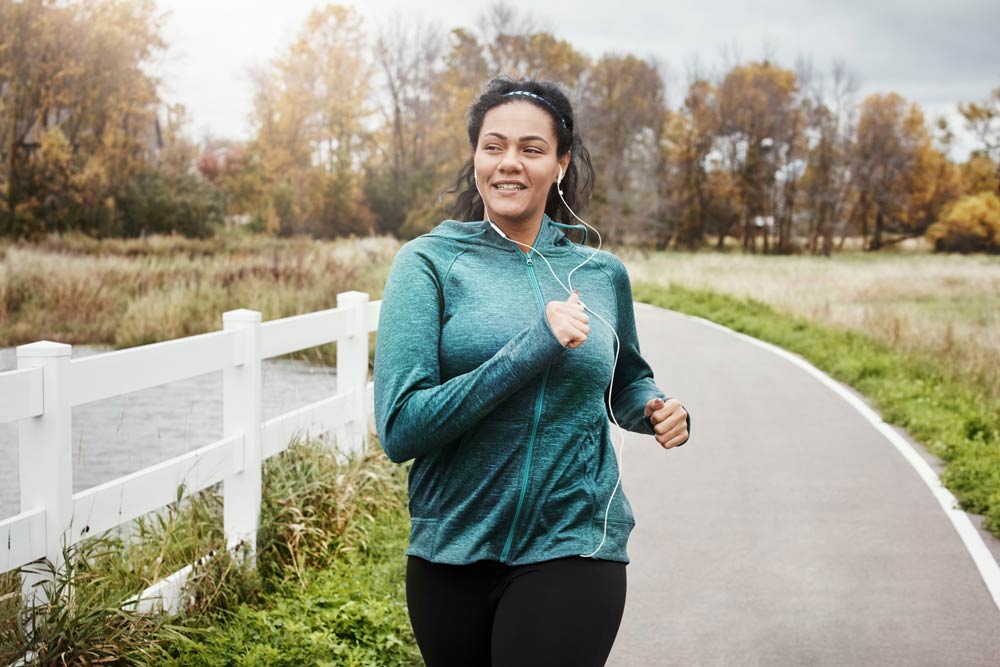Best Physical Activities for ADHD Focus: How Exercise Improves Attention and Self-Regulation

Discover tips, treatment options, and support strategies from the Finding Focus Care Team

Last Update: February 23rd, 2025 | Estimated Read Time: 3 min
Attention-Deficit/Hyperactivity Disorder (ADHD) is a neurodevelopmental condition characterized by symptoms such as inattention, hyperactivity, and impulsivity. While medication and behavioural therapies are common treatments, research increasingly shows that exercise is a natural and effective way to manage ADHD symptoms. This article explores the scientific evidence supporting exercise as a therapeutic strategy and highlights the best physical activities for enhancing focus and self-regulation.
How Exercise Helps ADHD: The Science Behind It
Exercise boosts brain function, particularly in areas responsible for attention and behaviour. Regular physical activity increases dopamine, norepinephrine, and serotonin, neurotransmitters essential for maintaining focus and regulating impulses (Ng et al., 2021; Peng et al., 2024). It also strengthens the prefrontal cortex, which governs executive functions like decision-making and impulse control (Ng et al., 2021).
Key Benefits:
- Improves Focus & Motivation: Increases dopamine and norepinephrine, enhancing attention and motivation (Ng et al., 2021).
- Reduces Hyperactivity & Impulsivity: Helps release excess energy and improves self-regulation (Feng et al., 2024).
- Enhances Emotional Regulation: Reduces anxiety and depression, which are common in individuals with ADHD (Peng et al., 2024).
- Promotes Neuroplasticity: Supports the brain’s ability to form new connections, improving learning and memory (Rassovsky & Alfassi, 2019).
Best Physical Activities for ADHD Focus
Research suggests that structured, engaging, and repetitive activities are most effective for individuals with ADHD (Ng et al., 2021; Peng et al., 2024).
1. Aerobic Exercises
Best for: Improving focus and reducing hyperactivity
Why It Works: Running, cycling, and swimming increase blood flow to the brain, boosting cognitive function. A meta-analysis found that aerobic exercise significantly improved attention and reduced hyperactivity in individuals with ADHD (Feng et al., 2024).
Examples: Jogging, brisk walking, cycling, or swimming
2. Martial Arts (Karate, Taekwondo, Jiu-Jitsu)
Best for: Building discipline and impulse control
Why It Works: Martial arts involve structured routines that require sustained focus and promote self-regulation. The belt-ranking system encourages goal-setting and delayed gratification (Ng et al., 2021).
Examples: Karate, taekwondo, judo, or Brazilian jiu-jitsu
3. Yoga & Mindfulness-Based Movement
Best for: Reducing anxiety and improving emotional regulation
Why It Works: Yoga and Tai Chi integrate physical movement with breath control and meditation, promoting calmness and improving attention (Peng et al., 2024).
Examples: Hatha or Vinyasa yoga, Tai Chi, or Pilates
4. Team Sports (Soccer, Basketball, Hockey)
Best for: Improving social skills, quick decision-making, and sustained focus
Why It Works: Team sports require constant movement and strategic thinking, enhancing attention and reaction times. The social aspect also fosters communication and teamwork (Ng et al., 2021).
Examples: Soccer, basketball, hockey, or volleyball
Tips for Making Exercise a Habit
Sticking to an exercise routine can be challenging for individuals with ADHD. Here are some practical strategies to maintain consistency:
- Start Small: Begin with 10-15 minutes and gradually increase the duration.
- Make It Fun: Choose activities that are enjoyable to maintain motivation.
- Set Clear Goals: Structured routines with measurable progress markers help with focus and consistency.
- Use Exercise as a Transition Tool: A short workout before studying or work can boost focus.
- Find a Workout Partner: Exercising with a friend can increase accountability and motivation.
Final Thoughts
Exercise is a powerful, natural tool for managing ADHD. Physical activities like aerobic exercise, martial arts, yoga, and team sports improve focus, reduce hyperactivity, and promote emotional regulation. By making physical activity a regular part of daily life, individuals with ADHD can experience lasting improvements in both cognitive and emotional well-being.
Finding Focus Care Team
We are a group of nurse practitioners, continuous care specialists, creators, and writers, all committed to excellence in patient care and expertise in ADHD. We share content that illuminates aspects of ADHD and broader health care topics. Each article is medically verified and approved by the Finding Focus Care Team. You can contact us at Finding Focus Support if you have any questions!
References
Feng, L., Li, B., Yong, S. S., & Tian, Z. (2024). Effects of exercise intervention on physical and mental health of children and adolescents with Attention-Deficit/Hyperactivity Disorder: A systematic review and meta-analysis based on ICF-CY. Journal of Science in Sport and Exercise. https://doi.org/10.1007/s42978-024-00295-8
Ng, Q. X., Ho, C. S., Chan, H. W., Yong, B. Y., Lau, C. H., & Ho, R. C. (2021). Effectiveness of physical activity intervention on ADHD symptoms: A meta-analysis. Frontiers in Psychiatry, 12, 706625. https://doi.org/10.3389/fpsyt.2021.706625
Peng, J., Wang, W., Wang, Y., Hu, F., & Jia, M. (2024). Effects of mind-body exercise on individuals with ADHD: A systematic review and meta-analysis. Frontiers in Psychiatry, 15, 1490708. https://doi.org/10.3389/fpsyt.2024.1490708
Rassovsky, Y., & Alfassi, T. (2019). Attention improves during physical exercise in individuals with ADHD. Frontiers in Psychology, 9, 2747. https://doi.org/10.3389/fpsyg.2018.02747





